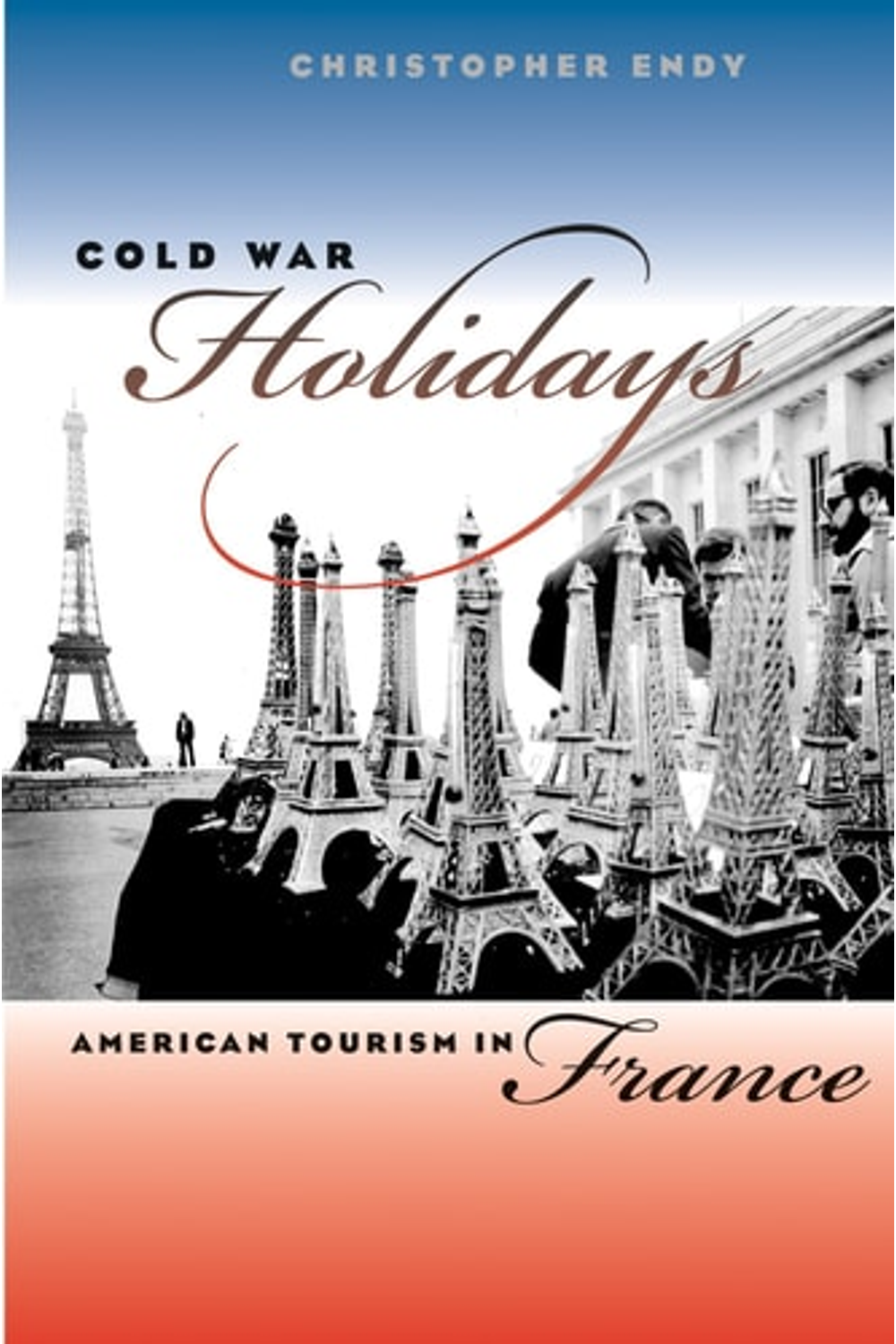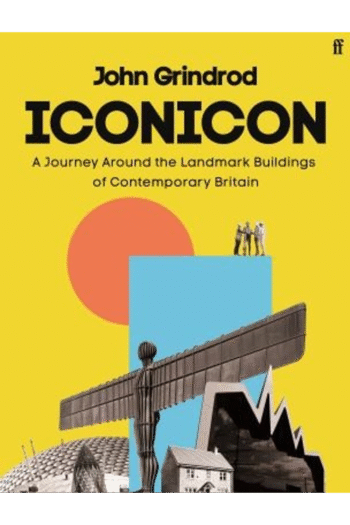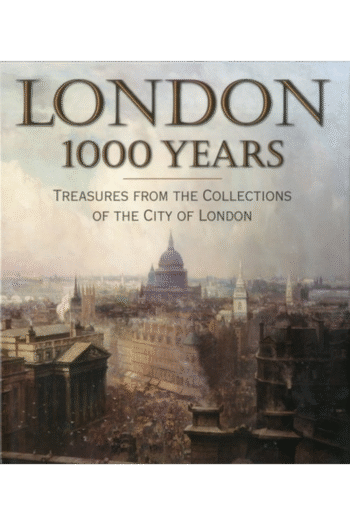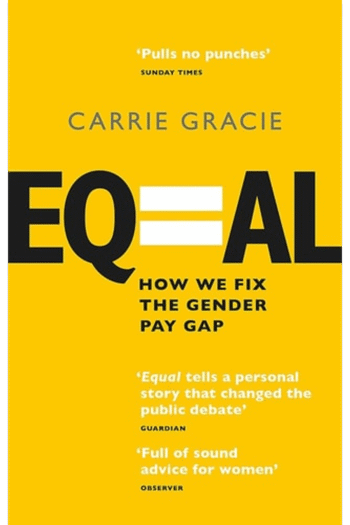**Uncover the Hidden History of Leisure: American Tourism as Cold War Diplomacy in France** Christopher Endy’s “Cold War Holidays” unveils a fascinating, little-known aspect of Franco-American relations during the Cold War. Moving beyond traditional political and military narratives, Endy explores how tourism became a strategic tool, subtly shaping the cultural and political landscape. Discover how the U.S. government, through initiatives like the Marshall Plan, incentivized American travel to France, aiming to bolster the French economy and cultivate a pro-Western sentiment. Explore Charles de Gaulle’s shrewd embrace of American tourism as a means to project French independence and cultural influence amidst Cold War tensions. Based on meticulous research including archival documents, travel guides, and personal accounts, “Cold War Holidays” reveals the complex interplay between state power, consumerism, and cultural exchange. Endy challenges the notion of simple American cultural dominance, showcasing how French identity and interests were actively negotiated and asserted within the burgeoning tourism industry. Gain insights into the motivations of American tourists themselves, exploring how their experiences were shaped by Cold War ideologies and the allure of French culture. This groundbreaking study offers a fresh perspective on Cold War history, highlighting the power of cultural diplomacy and the unexpected role of leisure in shaping international relations. Explore the captivating story of how vacation became a battleground for hearts and minds.
Cold War Holidays: American Tourism in France (The New Cold War History)
19,69 $
In stock
Moving beyond traditional state-centered conceptions of foreign relations, Christopher Endy approaches the Cold War era relationship between France and the United States from the original perspective of tourism. Focusing on American travel in France after World War II, Cold War Holidays shows how both the U.S. and French governments actively cultivated and shaped leisure travel to advance their foreign policy agendas.
From the U.S. government’s campaign to encourage American vacations in Western Europe as part of the Marshall Plan, to Charles de Gaulle’s aggressive promotion of American tourism to France in the 1960s, Endy reveals how consumerism and globalization played a major role in transatlantic affairs. Yet contrary to analyses of globalization that emphasize the decline of the nation-state, Endy argues that an era notable for the rise of informal transnational exchanges was also a time of entrenched national identity and persistent state power.
A lively array of voices informs Endy’s analysis: Parisian hoteliers and cafe waiters, American and French diplomats, advertising and airline executives, travel writers, and tourists themselves. The resulting portrait reveals tourism as a colorful and consequential illustration of the changing nature of international relations in an age of globalization.
| Authors | |
|---|---|
| Binding | |
| Condition | |
| ISBN-10 | 0807828718 |
| ISBN-13 | 9780807828717 |
| Language | |
| Pages | 304 |
| Publisher | |
| Year published | |
| Weight | 544 |
| Edition | First Edition |
- Additional information
- Currencies
- USD – United States dollar
- EUR – Euro
- GBP – Pound sterling
- CNY – Chinese yuan
- BRL – Brazilian real
- MXN – Mexican peso
- JPY – Japanese yen
- PHP – Philippine peso
- THB – Thai baht
- PLN – Polish złoty
- CAD – Canadian dollar
- MYR – Malaysian ringgit
- AUD – Australian dollar
- TWD – New Taiwan dollar
- CZK – Czech koruna
- SEK – Swedish krona
- HUF – Hungarian forint
- ILS – Israeli new shekel
- CHF – Swiss franc
- HKD – Hong Kong dollar
- DKK – Danish krone
- SGD – Singapore dollar
- NOK – Norwegian krone
- NZD – New Zealand dollar





